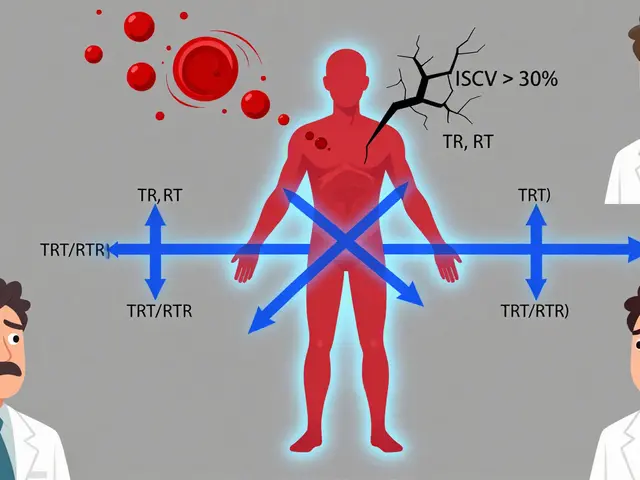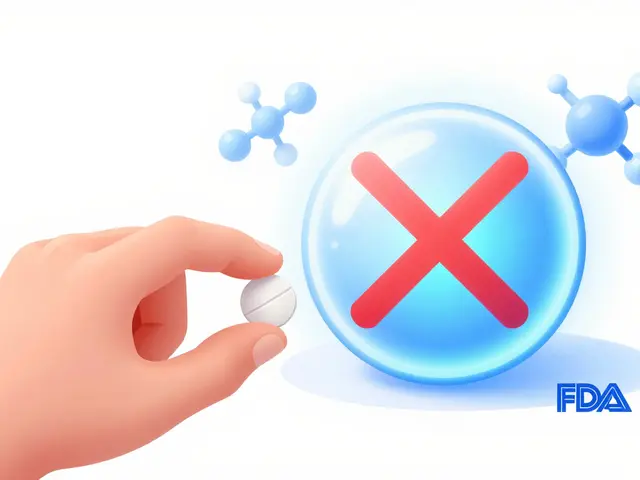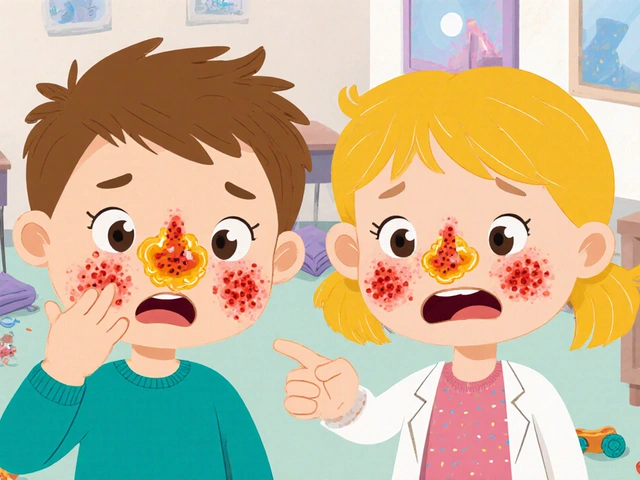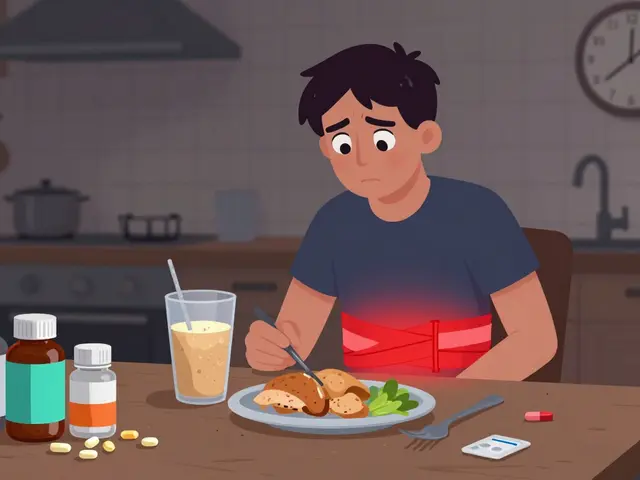Antibiotic Resistance: What It Is and Why It Matters
Antibiotic resistance is when bacteria change so antibiotics stop working against them. This makes common infections harder to treat and can lead to longer illnesses or even serious health risks. It’s not just a medical problem—it affects everyone who uses antibiotics, whether for a cold, skin infection, or something more serious.
But how does this happen? Every time antibiotics are used, some bacteria may survive and pass on their resistant traits. Over time, these tough bacteria grow stronger while the antibiotics become less effective. Misusing antibiotics—like skipping doses or using them when not needed—speeds up this process.
Why Should You Care About Antibiotic Resistance?
If antibiotics stop working, we lose a critical tool for fighting infections. This means simple surgeries or treatments could become risky. Diseases like pneumonia, tuberculosis, and others might turn deadly again. The tough truth is, antibiotic resistance affects everyone's health directly or indirectly.
The good news? There are practical steps you can take. Always follow your doctor’s instructions on antibiotics. Don’t pressure your provider for antibiotics if you have a viral infection, since antibiotics don't work on viruses. Also, never share or keep leftover antibiotics for later use.
How to Spot and Prevent Resistant Infections
If you get sick, watch for infections that don’t improve after treatment—this might be a signal of resistance. Inform your doctor immediately if your symptoms persist. Practicing good hygiene, like regular handwashing and safe food handling, also helps stop the spread.
Understanding antibiotic resistance means staying smart with medicine and taking care of your health responsibly. This ongoing challenge isn’t going away soon, but with awareness and proper action, we can keep antibiotics effective for years to come.
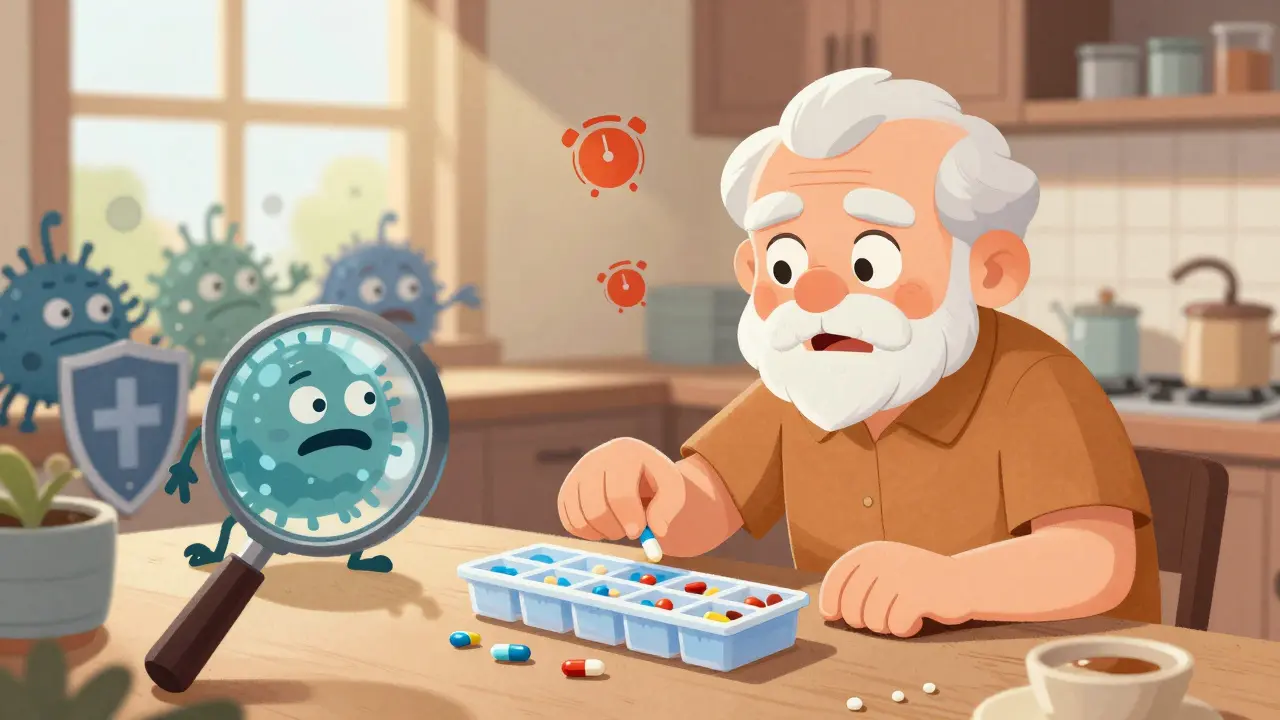
Antibiotic Stewardship at Home: How to Finish Your Course and Dispose of Unused Pills Safely
Learn why finishing your antibiotic course and disposing of leftovers properly is crucial to stop superbugs. Practical steps for home use, backed by CDC and NHS guidelines.
View More
Tetracycline: Uses, Side Effects, and Essential Tips for Safe Antibiotic Use
Tetracycline is one of the most widely used antibiotics, famous for treating acne and tough infections. But there's more beneath the surface—side effects, unexpected uses, and how smart antibiotic use can make all the difference now and in the future. This article digs deep into how tetracycline works, who should avoid it, and why resistant bacteria are a growing concern. Get clear answers, practical advice, and real-world stories all in one spot.
View More
